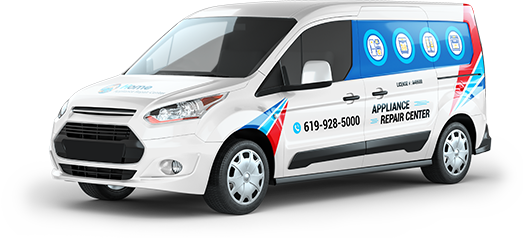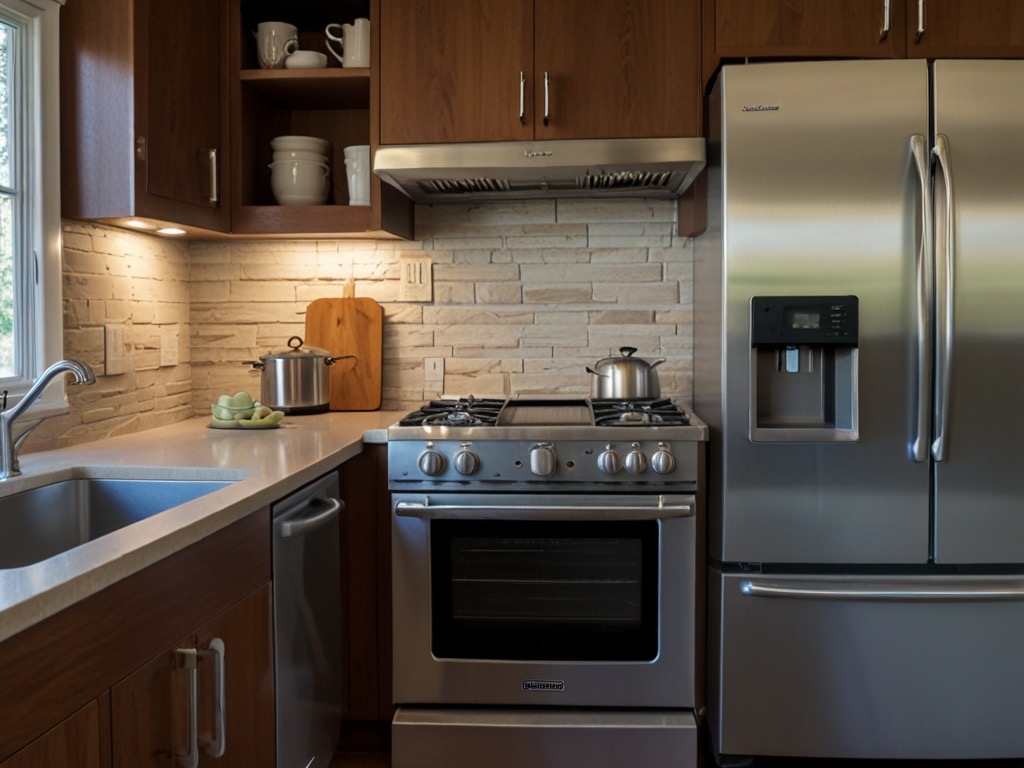Cooking is often the heart of any home, and the kitchen hob plays a crucial role in creating delicious meals. Whether it’s gas, electric, or induction, hobs are an essential appliance. Over time, however, issues can arise—maybe a burner doesn’t ignite, or perhaps the control panel is malfunctioning. When your hob starts acting up, the question becomes: Should you attempt the repairs yourself, or is it better to call in a professional?
⠀
Understanding when it’s safe to do DIY repairs and when to leave the job to professionals is vital, not just for the safety of your appliance, but also for your home and personal well-being. This article will break down common hob issues and help you decide whether you can tackle the fix yourself or if it’s time to contact a specialist.
⠀
Simple Fixes You Can Do Yourself
⠀
While it’s important to be cautious, there are some minor hob issues you can troubleshoot and repair on your own. For these, you don’t need any advanced knowledge of the appliance, just a few tools and the instruction manual.
⠀
- Cleaning a Clogged Burner (Gas Hob)
One of the most common issues with gas hobs is a burner that won’t ignite properly. This can be due to food debris or grease buildup blocking the gas flow. In this case, a thorough cleaning is often all that’s required. Remove the burner cap, and using a toothbrush and some mild detergent, scrub away any residue. Ensure everything is dry before reassembling the burner.
⠀
- Replacing a Fuse (Electric or Induction Hobs)
Electric and induction hobs rely on a fuse system to protect them from electrical surges. If your hob won’t power up, it could be due to a blown fuse. Check your user manual to locate the fuse panel, and if you feel confident, replace the fuse yourself. Just make sure to disconnect the appliance from the power source before you start.
⠀
- Loose Control Knobs
Sometimes control knobs can become loose or fall off. In most cases, these knobs are simply attached with a clip or a screw. You can usually realign or tighten them without needing specialized tools. If the knob is damaged, replacement parts are often inexpensive and easy to install.
When You Should Call a Professional
⠀
For more complex issues, attempting to repair the hob yourself can be dangerous. Not only do you risk damaging the appliance, but you could also cause electrical shocks, gas leaks, or even fires. Here are some situations where it’s best to call in the experts.
⠀
- Gas Leaks
If you smell gas or suspect a leak, it is critical that you do not try to fix this problem yourself. Turn off the gas supply immediately and ventilate the area by opening windows and doors. Then, call a licensed technician who can properly diagnose and repair the issue. A gas leak is one of the most dangerous problems with a hob, and it’s essential to address it professionally.
⠀
- Electrical Problems
If your electric or induction hob is experiencing electrical issues—such as flickering lights on the control panel, frequent short circuits, or failure to heat properly—this could indicate a wiring problem. Electrical repairs are complex and require a qualified technician to ensure the job is done safely and in accordance with local regulations.
⠀
- Heating Element or Sensor Malfunction (Induction Hobs)
Induction hobs rely on advanced sensors and electronic components to generate heat. If these elements fail, you’re dealing with a highly technical problem that often requires specialized tools and expertise to repair. Attempting a DIY fix could cause further damage to the appliance, and in some cases, void the warranty.
⠀
- Structural Damage or Cracked Glass Top
If the glass top of your electric or induction hob is cracked, it’s not safe to use, and definitely not a DIY repair project. Replacing the glass requires professional tools, and any improper installation can lead to short-circuiting or other serious problems. Similarly, if the hob’s frame or structure is compromised, it’s best to call in a professional.
⠀
- Control Board Malfunction
Modern hobs, especially electric and induction models, come equipped with control boards that manage everything from temperature settings to automatic shut-offs. If your hob isn’t responding to commands or displays error codes, this is likely a control board issue. Control boards are intricate and can be expensive to replace, and without the right knowledge, you could cause more harm than good by attempting a DIY repair.
Why Call a Professional?
⠀
A professional technician brings years of experience and specialized tools to the table, ensuring that your hob is not only repaired but also operates safely. Certified repair services often come with warranties, so you have peace of mind knowing that the problem has been properly addressed. Additionally, professionals are well-versed in local safety codes, which are crucial, especially when dealing with gas or electricity.
⠀
A Word on Warranties
⠀
Before attempting any repairs yourself, check if your hob is still under warranty. Many manufacturers will void the warranty if unauthorized repairs are attempted, which means you could end up paying more in the long run. By calling a certified technician, you ensure that any necessary repairs are carried out without compromising your warranty.
⠀
While it can be tempting to try to fix appliance problems yourself, some situations simply require the expertise of a professional. For minor issues like cleaning a clogged burner or tightening a loose knob, a DIY approach can be quick and cost-effective. However, for more serious problems, particularly those involving gas or electrical components, it’s safer and often more cost-effective in the long run to call in the professionals.
⠀
If you’re experiencing issues with your hob and are unsure whether it’s a DIY fix or something more complex, don’t hesitate to reach out to the Home Appliance Service Center. Our certified technicians can quickly diagnose and resolve any hob issue, ensuring your kitchen remains a safe and functional space.
⠀
Contact us
 619-928-5000
619-928-5000  Request Service
Request Service 
